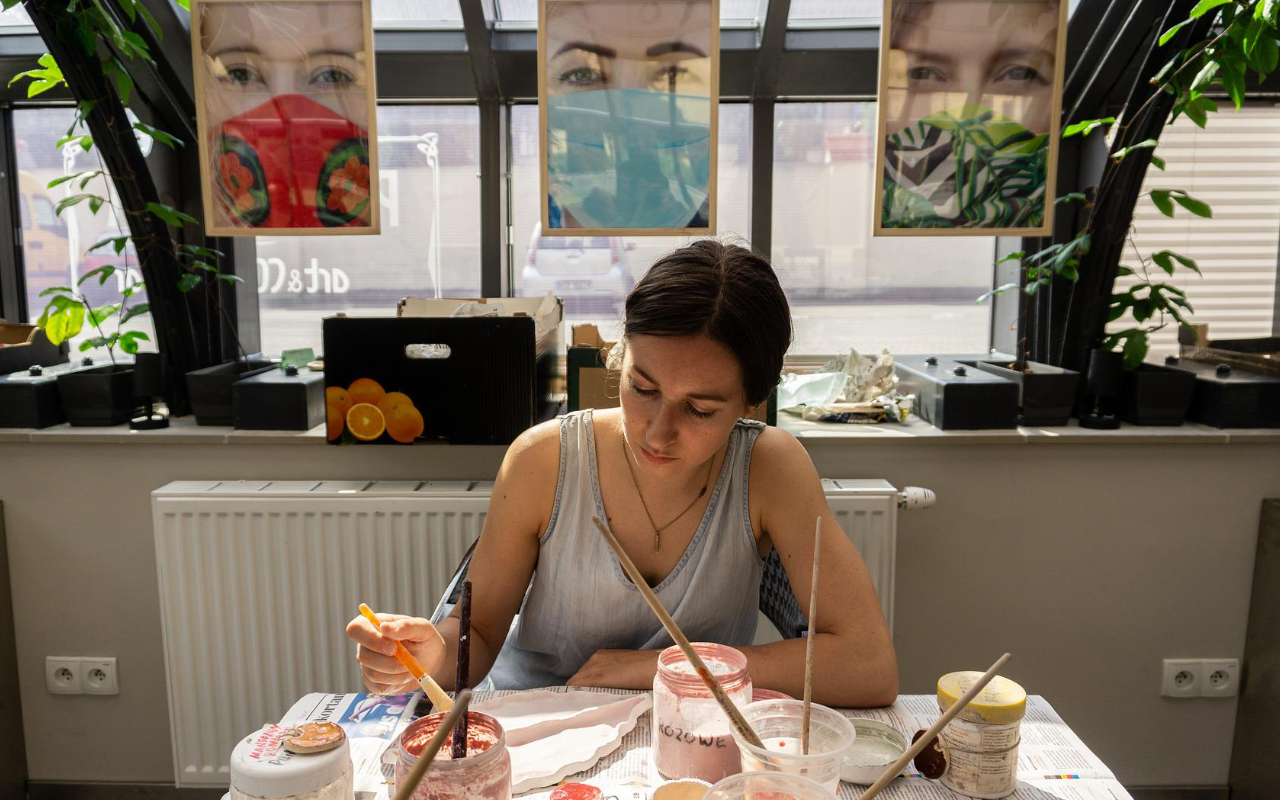
Photo: Kuriereye
Recovery funds key to arts survival in Scotland and Wales
Reports suggest devolved governments’ funding was key to sector recovery and resilience but warn the pandemic exposed the need for further financial support.
Scotland and Wales’ approaches to funding the creative industries during the pandemic played a pivotal role in stabilising their respective sectors, separate reports have concluded.
Creative Scotland delivered £85.3m to the arts, screen and creative industries across seven funding channels between March 2020 and September 2021. A report by consultancy firm Ekos found 82% of organisations surveyed said the funds prevented job losses and insolvency.
In Wales, an evaluation of the £108m Cultural Recovery Fund launched in July 2022, delivered by the Welsh Government, Arts Council of Wales and local authorities, found the fund to have helped safeguard 2,700 jobs. Of the organisations surveyed, 94% said the fund played a part in their survival, with 57% saying it had been fundamental to their survival to a great extent.
READ MORE:
- Diverse-led organisations fared worst in cultural recovery support
- ACE pandemic response was a lifeline for the arts, new report says
But both reports highlighted the need for continued and increased financial support.
Ekos’ report said stakeholders in Scotland felt the pandemic had 'exposed years of under-funding for cultural organisations, and structural weaknesses, particularly in relation to working conditions for freelancers'.
'The most recent recovery funds may help, but questions about the future shape and scale of the sector remain,' it added.
In Wales, cultural organisations highlighted a range of future support needs, with the most common response requesting further financial support. Organisations expressed desire for continued dialogue between sector bodies and the Welsh Government and reassurance support will be forthcoming should any public health restrictions remain or return.
Sector support in Scotland
Ekos' report praised the delivery and efficiency of Scotland’s seven funding channels. Almost 12,500 funding awards were made to both individuals and organisations, around 10 times the number usually made in a given year.
Applicants rated the process positively, saying it was clear and straightforward with quick turnaround and payments. Individual recipients used funds to offset loss of income and meet basic living costs. Of those funded, 98% said they will continue to work in the sector.
The report says there was 'some merit' in concerns expressed by the visual arts community that it benefitted less than performing arts – despite visual arts retaining a 'strong share' of individual awards – and questioned why publishing did not appear to have benefitted significantly from any of the funding programmes 'despite being a sector of some strategic importance to Creative Scotland'.
But it pushed back on the idea funding 'only went to Creative Scotland’s favourites'. More than half of the organisations surveyed and almost three-quarters of individuals had not previously received support from the funder.
Creative Scotland’s Director of Strategy and Planning Alastair Evans said the funding “enabled creative freelancers and organisations to stabilise during turbulent times, helping to protect jobs and livelihoods across the sector”.
“While we know the funding hasn’t been able to meet every challenge, this report confirms that it helped to strengthen resilience, stimulate activity and has enabled the sector to focus on recovery.”
Freelancers and volunteers in Wales
The report on Wales found the Cultural Recovery Fund enabled the cultural sector to support individuals and communities through the pandemic.
The fund had a 'direct contribution' to supporting efforts to increase volunteering across Wales and is estimated to have protected around 77,000 volunteer roles, ranging from one of opportunities to long-term positions.
The report’s final recommendations suggest there should now be a dedicated campaign to promote volunteering roles within the cultural sector.
It also praised Wales’ Freelancer Fund, delivered by local authorities, which saw 3,783 unique freelance applications supported across both rounds, amounting to £10.4m.
Around a third of freelancers in receipt of funding said they would have left the sector completely in the absence of funding, with a similar proportion indicating they would have temporarily secured employment outside of the sector.
Deputy Minister for Arts and Sport, Dawn Bowden, said the decision to include freelancers as a key part of the Cultural Recovery Fund was “in recognition of the essential role they play in our economy and in creating and delivering cultural experience”.
“We recognised we’ll need the professionalism, experience, enthusiasm and vision of these professionals in the creative and cultural sector to help us come together and rebuild after the public health crisis abated," she added.
The report’s final considerations suggest the Welsh Government should now work to map and profile the size and composition of Wales’ freelancer community and consider options to raise the visibility and support of creative freelancers.
Join the Discussion
You must be logged in to post a comment.